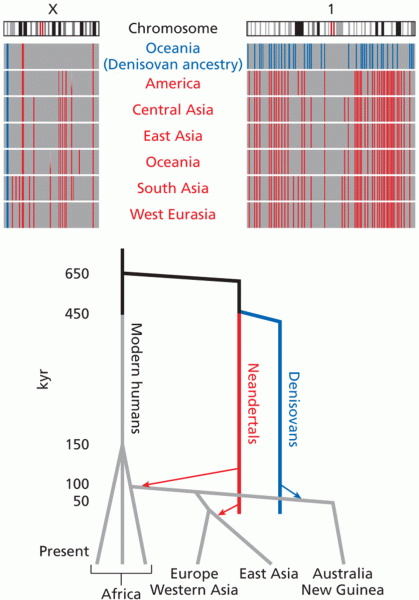Answer to Question 1
Generally, the basic institutions in society (family, religion, economy, education,
government) function quite effectively, but sometimes special categories of people fall
through the cracks and do not get the benefit of the institutional protections. Mason, et.al.
describe the special status of stepparents and stepchildren in America (or perhaps more
correctly described as the lack of effective status), to recommend new policy initiatives to
establish legal status for stepparents as de facto parents.
Historically, orphans and stepchildren have been bereft of legal status, and they simply
tried to survive as best they could and accepted help from kindhearted persons. This
condition was a product of common law that evolved as the concept of private property
evolved. Stepparenting and stepchildren are usually not a problem in tribal societies, as the
tribe itself, rather than biological parents is responsible for providing for all members of the
tribe (both economically and emotionally). The development of private property, and the
corresponding practice of inheritance, was based upon biological lineage (and
responsibility), and non-biological children were left without status or care.
This pattern sorta functioned for several centuries in westernized cultures, and government
usually assumed responsibility for or provided for care of orphans or stepchildren. This
practice came under new pressure as permissive sex and divorce emerged, and unwed
mothers became more frequent. New questions of legal rights for children and legal
liability for the biological parents emerged, revolving around child support, inheritance
rights (including health care privileges), and caregiving responsibility.
Mason, et.al. found in current times, that the legal process surrounding stepparenting needs
updating. They found that stepparents were quite effective in supporting stepchildren.
They reported strong affection for their stepchildren, often seeking to acquire custody of
the stepchild or adopted child in second divorces. Stepchildren generally accepted the
authority of the stepparent, and bonded strongly with the stepparent. Stepparents
performed all the economic and social support roles that biological parents did, disciplined
children, but had some concern about their legal standing in regard to the stepchild.
There does not appear to be any major issues that prevent revision of the laws, and states
need to take the initiative. Reform could accomplish so much, and still be relatively
simple.
Answer to Question 2
F







